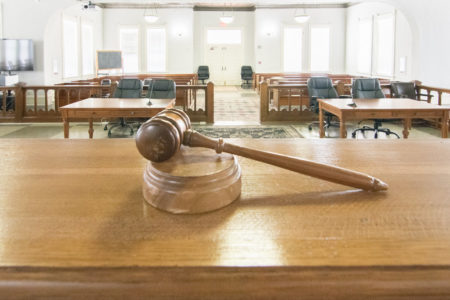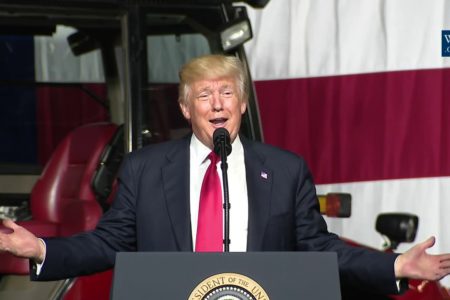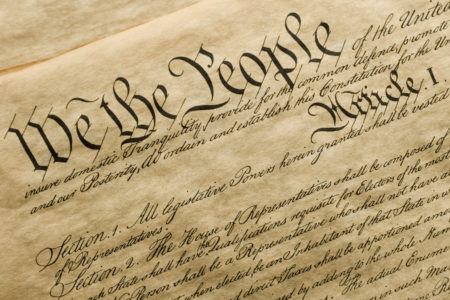
Response
Reweighing Medical Civil Rights
by Rabia Belt & Doron Dorfman
Craig Konnoth’s Article, using “medical civil rights” as an angle onto disability, captures the ostensible benefits of disability legal claiming. We partially agree with him on this, but we also believe that he does not fully account for the weight on the other side of the negative aspects of medical framing. This Response contextualizes the benefits and recognition granted to medicalized individuals by noting the drawbacks to medicalization. We conclude by proposing a new way forward for disability justice.

















